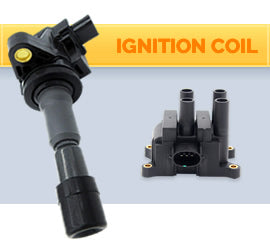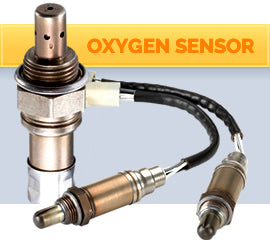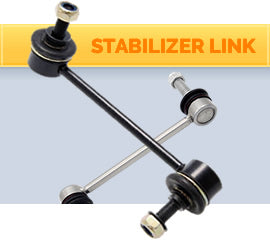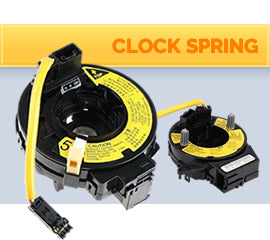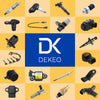International Trade Agreements and Tax Incentives: A Guide for Automotive Parts Importers
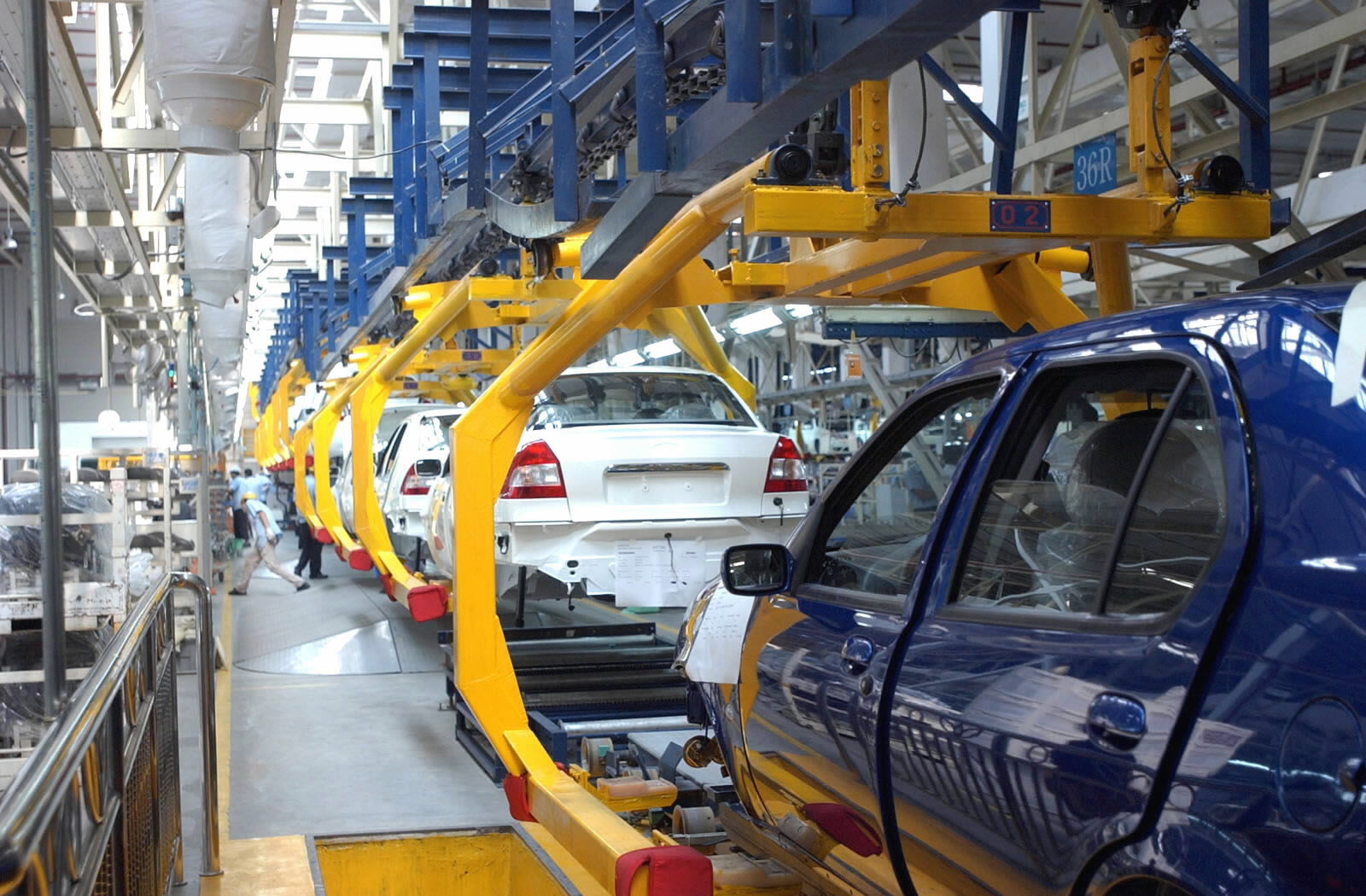
International trade agreements and tax incentives play a significant role in the global automotive parts industry. By understanding these agreements and leveraging tax incentives, automotive parts importers can reduce costs, improve their competitive edge, and expand into new markets. This article will discuss the benefits of international trade agreements, preferential tariffs, duty exemptions, and free trade zones for automotive parts importers.
International Trade Agreements: Boosting Global Trade
International trade agreements are negotiated between countries to facilitate trade by reducing barriers such as tariffs, quotas, and non-tariff measures. These agreements can take various forms, including bilateral agreements between two countries, regional agreements involving multiple countries, or multilateral agreements under the World Trade Organization (WTO). By participating in trade agreements, automotive parts importers can benefit from reduced tariffs and easier market access, leading to increased international trade and potential cost savings.
Preferential Tariffs: Lowering Import Costs
Preferential tariffs are reduced or eliminated import duties that apply to specific products or countries under certain trade agreements. These preferential rates can result in significant cost savings for automotive parts importers, making their products more competitive in global markets. Importers should be familiar with the trade agreements their country has with other nations, as well as the specific tariff concessions that apply to automotive parts, to take full advantage of these opportunities.
Duty Exemptions: Reducing Import Expenses
Duty exemptions are another way for automotive parts importers to save on import costs. Under certain circumstances, import duties may be waived or reduced for specific products or industries. Examples of duty exemptions include temporary importation of goods for repair, testing, or exhibition purposes, and duty drawbacks, which allow for a refund of import duties paid on goods that are subsequently exported. Automotive parts importers should be aware of these exemptions and ensure they meet the requirements to benefit from these cost-saving measures.
Free Trade Zones: Encouraging Trade and Investment
Free trade zones (FTZs) are designated areas within a country where goods can be imported, stored, and processed with reduced or eliminated customs duties and other taxes. FTZs are designed to encourage trade and investment by providing a more favorable business environment for companies involved in international trade. Automotive parts importers can benefit from FTZs by reducing customs duties, streamlining customs procedures, and improving supply chain efficiency.
Conclusion
International trade agreements and tax incentives can offer significant benefits to automotive parts importers, helping them reduce costs, improve competitiveness, and access new markets. By understanding the intricacies of trade agreements, preferential tariffs, duty exemptions, and free trade zones, importers can better navigate the global automotive parts industry and capitalize on these opportunities for growth and success.
- Posted in Automotive, Import, Industry, Supplier
